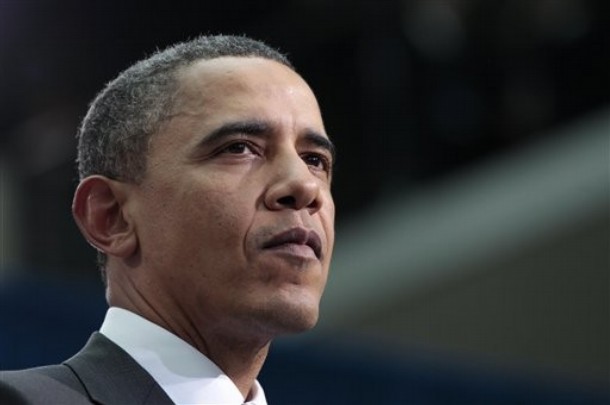
From Bill Gertz, Inside the Ring: President Obama recently rejected a proposed missile-defense agreement with Russia that was developed by the State Department with the hope of coaxing Moscow into cooperation on countering Iranian missile threats.
The draft deal had been developed by Ellen Tauscher, undersecretary of state for arms control and international security, prior to the Group of Eight summit last month, where it was hoped the agreement would be signed by Mr. Obama and Russian President Dmitri Medvedev.
The White House, however, decided against signing the pact amid concerns that the agreement would limit U.S. missile defenses, something the administration has promised it would not do. Russia, however, has sought such limits as part of its strategy for the ongoing talks with the United States on the subject.
According to a senior U.S. national security official close to the issue, the Russians were told in advance of the summit that the deal would be signed during the meeting of world leaders in Deauville, France, in late May.
"The president couldn’t sign it," said the official, who noted that the Russians "felt they had been lied to." The official added that what was significant was that Mr. Obama turned down an arms agreement that was drafted by his own State Department.
The proposed deal included four parts that were worked out by Mrs. Tauscher and officials in her shop. They included unobjectionable sections on confidence-building measures and transparency.
The White House balked on the agreement because of two other parts. One involved a written assurance that treaty lawyers rejected as something Moscow could consider legally binding: a statement saying the Pentagon would not point missile-defense interceptors deployed in Europe at Russia.
A second provision that scuttled the deal involved language in the draft agreement that could be considered as limits on the numbers and capabilities of U.S. missile defenses. . . .
Following the summit, NATO Secretary-General Anders Rasmussen said June 7 that NATO and Russia could not develop joint missile defense because the alliance would not "outsource" defense obligations to non-members. (photo: AP)
Image: ap%203%2023%2011%20Barack%20Obama.jpg
